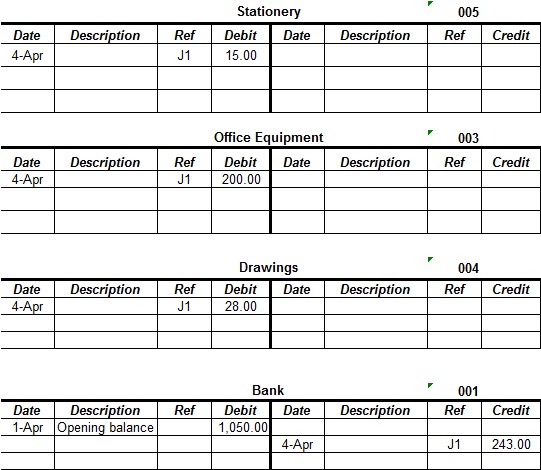

It gives consumers a way to compare offers from various lenders.Ī credit card company may also advertise its rates based on a monthly basis, which just gives you a breakdown of the APR. Your credit card has an annual percentage rate (APR) - which is essentially the price you pay to borrow money from the bank to charge purchases on the card.Ĭredit card companies are required to clearly state the interest rate as a yearly rate before customers sign an agreement, and that’s where the term APR comes in. That $50 is added to the principal amount of your investment, and then next year, you earn a 5% gain on $1,050, so you earn $102.50. Here’s a simple example: You invest $1,000 today and earn an annual 5% gain, so $50.

Then over time, as more interest is added that chunk of money (that’s already been growing from added interest) it continues to grow by bigger amounts. For example, when you invest money into a savings account, the money earns interest, which is added to the principal sum (the total chunk of money in the account). How it affects your savingsĬompound interest is an extremely powerful force that allows investors to earn exponentially larger gains on their money over time. But if you put that $100 into a savings account or other type of investment account, it will start to earn interest, and that $100 will grow into a much bigger sum of money as interest is applied to the larger, total amount over time. If you have $100 and do nothing with it, the value of that money will decline as time goes by. The time value of money assumes a dollar now is worth more than a dollar in the future, because of variables such as interest rates and inflation. One of the most important things to understand about money is that a dollar today is worth more than a dollar tomorrow. That is what allows your money to grow exponentially over time. As that total sum increases, interest is then added to the total sum + previously earned interest. When interest is added to the principal (original amount), that total sum increases. So as the total amount grows, so does the amount of interest that’s added to it - allowing your total sum of money to increase exponentially over time.Ĭompound interest is the addition of interest that’s added to the original deposit (investment) or loan amount. Compound interestįirst, you need to understand compounding - this is the process in which the value of an investment (the money you invest or put into a savings account) increases over time.Ĭompounding is what allows your money to grow exponentially - as the original amount of money you invest earns interest, the total amount increases (original + earned interest), and then that bigger sum of money earns more interest - and so on. 11 banking terms that impact your money 1. So instead of trying to interpret the banking world’s complicated definitions, we’ve put together a cheat sheet of some of the key terms and phrases that you need to know. In fact, it can be really confusing - especially considering the fact that banks aren’t the best at communicating certain things - like all the fees you’re paying and which services you can opt out of in order to save.īut with a little guidance and the right information, you can get a good understanding of this crucial aspect of your financial life - and ultimately, that will allow you to decide whether it’s time to find a new bank that better fits your needs. Personal banking isn’t one of the more intuitive parts of life.

To support our work, we do make money from some links to companies and deals on our site. As a result, depending on how responsible you are at using your secured credit card will affect your credit report, both positively and negatively.Disclosure: Team Clark is adamant that we will never write content influenced by or paid for by an advertiser. When you purchase something on your secured credit card, the amount is not deducted from your security deposit.Įach time you use your secured credit card or charge something, you borrow money from the company and are obligated to pay back your debt. They are just a convenient way to access funds in your bank accounts.Ĭreditors typically report secured credit card usage to the credit bureaus secured credit cards are an extension of credit.

Banks do not report your debit card usage to the credit bureaus debit cards are not extensions of credit. Many people make the mistake of believing they are the same. Your credit limit usually starts at the amount of your deposit.ĭon’t mistake a debit card with a secured credit card. This assures the creditor or lender you’ll repay your debt. The only difference is you are required to put your own money down as a deposit, normally $300-$500. Secured credit cards are the same as unsecured or regular credit cards.


 0 kommentar(er)
0 kommentar(er)
